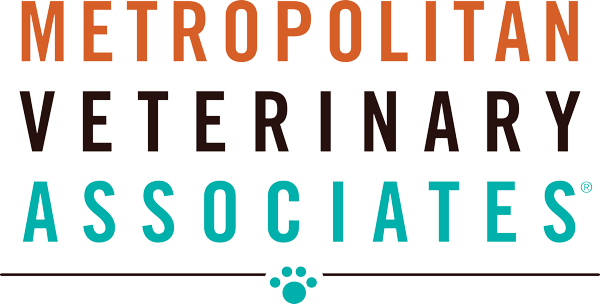It’s a night of celebrating, reminiscing, and that will always involve delicious tidbits to eat – for humans. For our canine & feline friends however, not so much! PLEASE be aware of not only where you place your trays of goodies, but where your dogs and cats are within your home.
If you have a counter-surfing pooch, or a curious kitty – ensure that any/all trays of food, drinks, or other delicacies are placed either well above & beyond their reach, or that they’re in a separate area of your home to prevent this behavior.
Also, have a very open conversation and firm statement for all of your guests that NO people food for your furry family members. Get creative – make a sign to place with all of the treats. Something to the effect of: “Those who share their food with the dog, will also share the vet bill!” And then provide a separate pet friendly snack/treat selection!
Absolute NO’s – these foods will make your furry family members very sick!
- Alcohol – causes vomiting, diarrhea, and neurologic issues
- Chocolate – causes vomiting, diarrhea, hyperactivity and potential cardiac issues
- Anything containing Xylitol – causes a drop in blood sugar, and can lead to seizures; initially will cause vomiting, lethargy, and loss of coordination
- Citrus Fruits – can cause local irritation, potential central nervous system depression; at the very least will cause vomiting/diarrhea
- Onions & Garlic – leads to a decrease in red blood cell production (anemia)
- Grapes/raisins – can lead to kidney failure
- Macadamia Nuts – weakness, lethargy, vomiting, tremors & high temperatures (dogs)
All the noise, noise, Noise, NOISE, NOISE!!!
Cats and dogs have highly sensitive ears, and can detect sounds at frequencies well above (and below) a human’s range of interpretation. So, sudden LOUD noises such as fireworks or noisemakers can be very traumatic for any pet, but especially one that is extra sensitive to this type of stimulus.
Having a safe place for your pet to ‘hide’ prior to the 12 am deadline will likely help alleviate this stressor, and if needed please speak with your veterinarian about an anti-anxiety medication to address this concern – if it’s severe enough to warrant this. If your pet is highly agitated, has stomach upset, eliminates in the home with any noise triggers – these may be indicators that they may benefit from these types of medications.
The bottom line? We want ALL of our family members to have a happy, and healthy 2018, so keeping these things in mind will ensure that your pets will be able to celebrate the New Year with you – safely.
By: Alyssa Mages, B.S., CVT – Education & Development Coordinator

